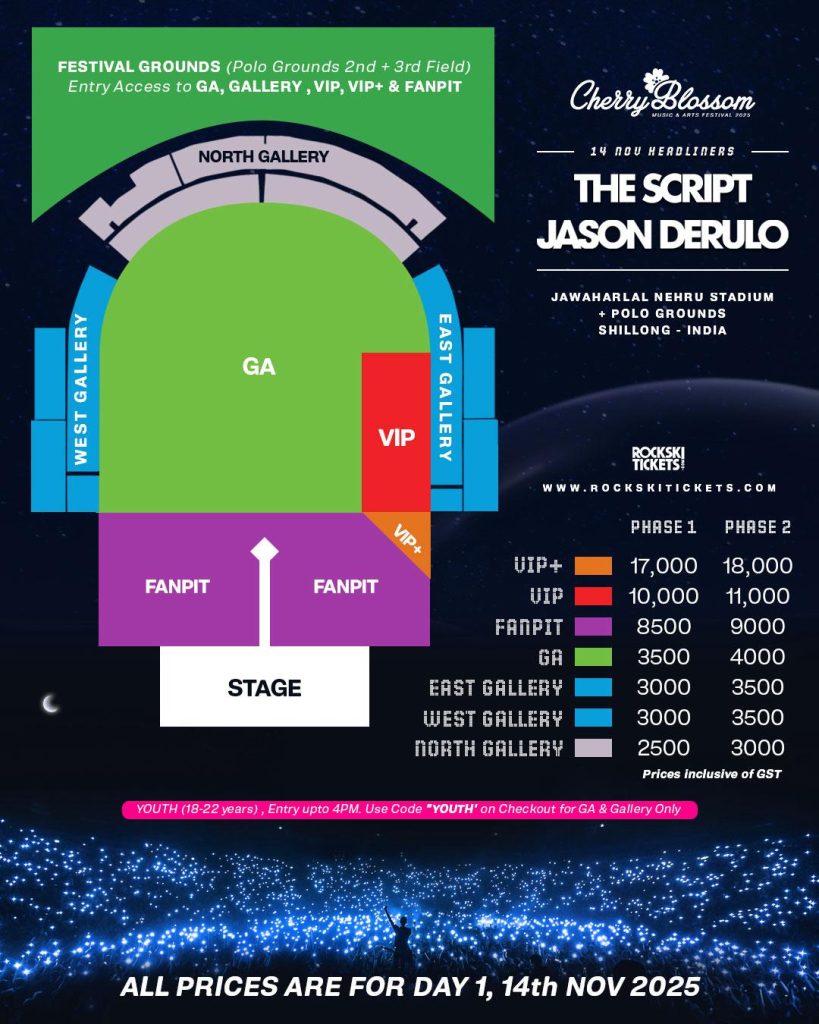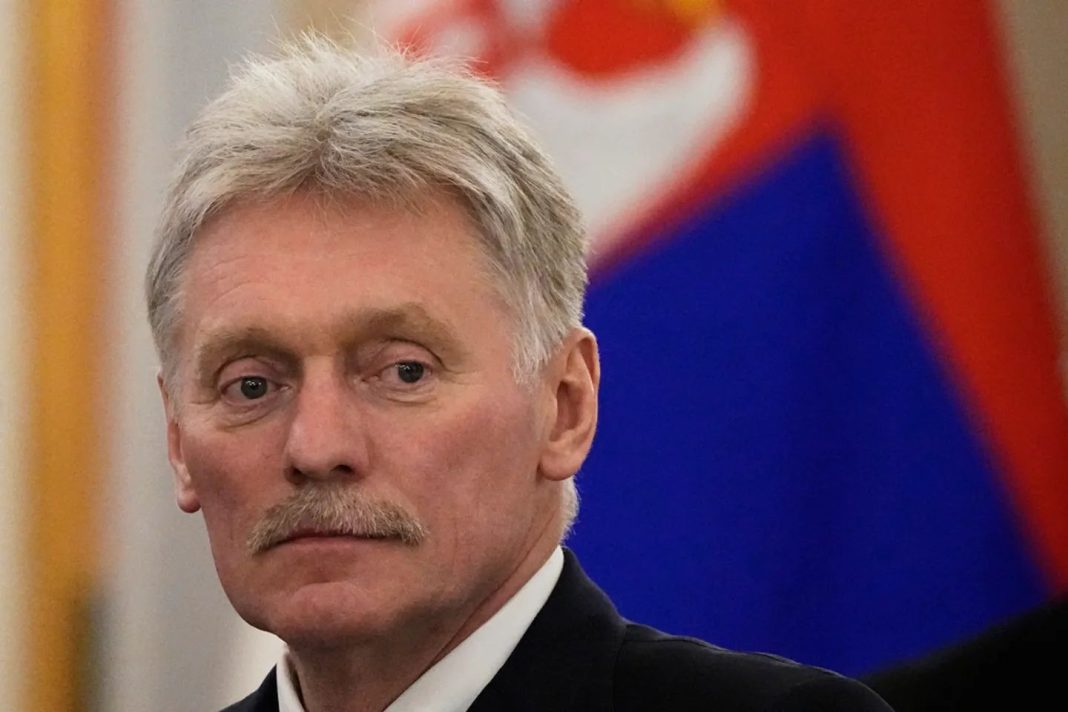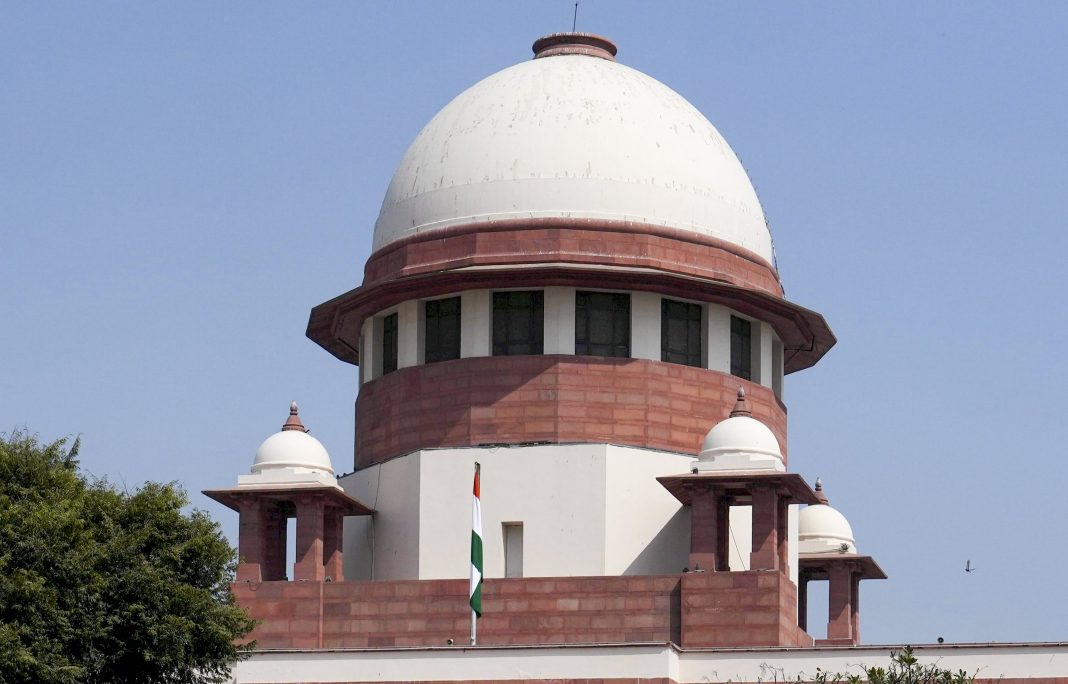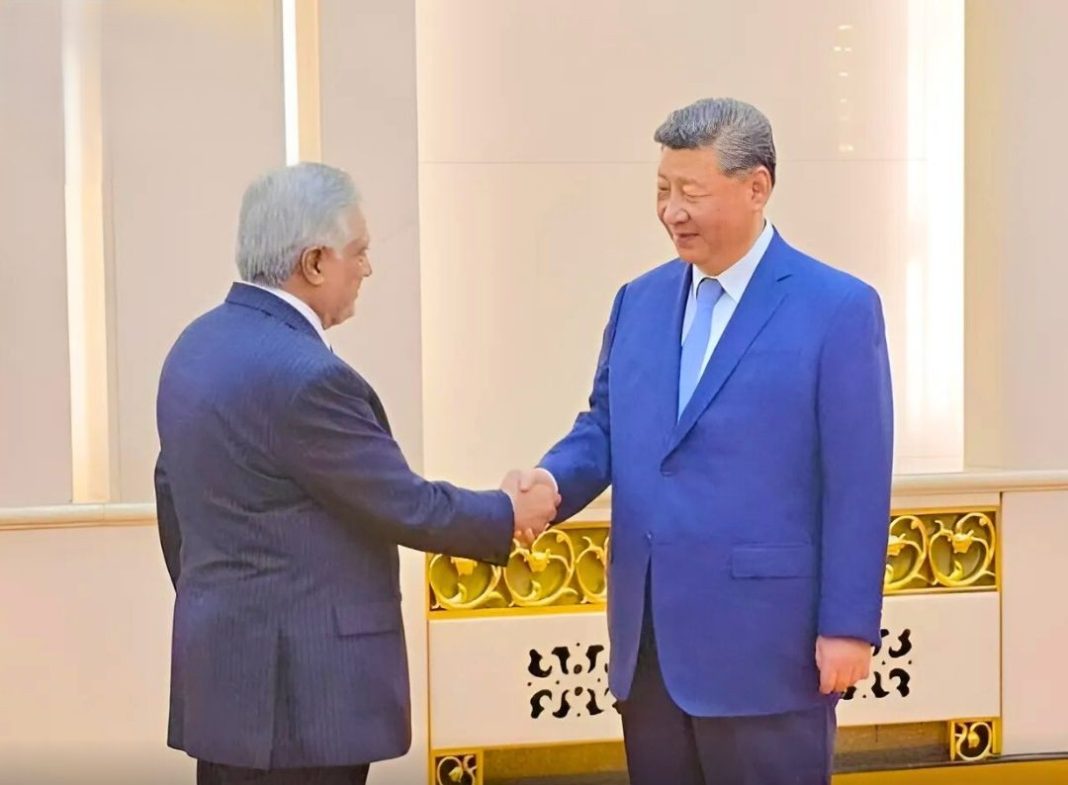
Moscow, July 15: The Kremlin on Tuesday accused Europe of planning to continue the war against Russia in Ukraine while taking a softer approach towards the US, highlighting Washington’s desire to put an end to fighting and a peaceful dialogue between Kiev and Moscow.

Judging by the statements, European countries want to see the intensification of fighting in Ukraine rather than a shift toward a peace process, Kremlin Spokesman Dmitry Peskov said, commenting on US President Donald Trump’s decision to supply arms to Ukraine through NATO purchased by its European members.
“Washington wants to see this dialogue, and purportedly, so does Europe. However, judging by statements, Europe rather wants to see the continuation of fighting rather than a shift to a peace mode, but Kiev is silent,” Peskov said.

The Kremlin has taken note of President Donald Trump’s statement on Monday about military aid supplies to Kiev and will thoroughly analyse his rhetoric, Peskov told the regular briefing.
“The latest statements from the US president are very serious. Something in them concerns President Putin personally. We will certainly need time to analyse the rhetoric from Washington,” he added.
On Monday, Trump during his meeting with NATO Secretary General Mark Rutte, said that he was “disappointed” with Russia and personally with President Vladimir Putin.
Trump also threatened “tariffs of about 100 per cent” against Russia and its trade partners “if we don’t have a deal in 50 days”.
“Trump’s 50-day deadline amounts to an ultimatum. Moscow will almost certainly ignore it, making the imposition of secondary tariffs a highly probable – perhaps even default – scenario,” Director General of Russian Council for International Affairs Dr Ivan Timofiyev said.
“That said, Russia isn’t without leverage, limited though it may be. And it’s clearly preparing for a hardline path. Tight global commodity markets and well-established export channels work in Russia’s favour,” he added.
Timofiyev believes that this may mark the end of backchannel diplomacy on Ukraine.

Sanctions will be ramped up, and arms deliveries to Kiev are likely to intensify. Russia, for its part, will maintain military pressure, he said.
“We’re back to a familiar standoff: The West is betting on economic collapse in Russia, while Moscow counts on Ukraine’s military defeat and the West’s internal turmoil,” Timofiyev, also programme director of the Kremlin-backed Valdai Forum, said.
“But after three years, it’s clear neither side’s assumptions have panned out. Sanctions haven’t broken Russia’s resolve, and the war effort is now on a new long-term footing,” he said.
In his opinion, Trump would have full discretion over these secondary tariffs.
“That could mean 100 per cent, 500 per cent or anything in between – and he could calibrate them differently depending on bilateral relations,” Timofiyev said.
“For example, India might face lower tariffs, China higher ones – or he might apply them uniformly. The Iran sanctions precedent shows that countries which reduced oil purchases were granted exemptions as a reward for ‘good behaviour,’” he added.
He ruled out coordinated pushback from the Global South.
“Trump has already been pressuring both allies and neutral countries with new tariffs since April – and most are caving in. Even China is treading carefully.
“So in the short term, we may see reduced purchases of Russian commodities simply out of a desire to avoid Trump’s wrath. Alternatively, countries may demand a higher risk premium. While there’s a lot of rhetorical support for Russia in the Global South, few are willing to stick their necks out when it comes to action,” Timofiyev said in a TV comment. (PTI)




